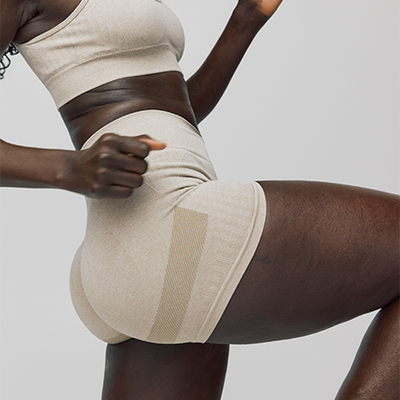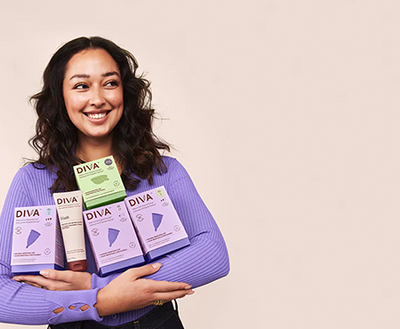
In this article /
It’s time to get yourself moving Divas!
Exercise is a very important part of achieving good health. Not only is it great for your body, but it can help to relieve stress as well, but did you know that exercise may also help to strengthen your fertility and reproductive health?
Regular exercise is helpful with regulating your hormonal levels and increasing your metabolism. An hour of exercise at least three times a week is all you may need.
To do this you do not need a gym membership as there are plenty of exercises that can be done at home or by taking a class. Some exercises that are great for your reproductive health can include cardio exercises like walking or swimming.
I personally enjoy the gym as it allows for a wide variety of workout choices so I don’t get bored of doing the same thing. I also prefer the gym because it allows me to do both cardio exercises and weight training; in fact, I find the best results come from a mixture of both cardio and weight training.
Cardio is a great way to help increase your blood flow throughout your body, including your reproductive system, while weight training will aid your body in getting stronger and help to boost your metabolism.
If you’re a beginner when it comes to exercising and find the gym to be a bit intimidating, there are countless other ways to get exercise, such as group activities, sports, fitness classes or even just a daily walk with a friend. For many, exercise is much easier when you have someone to help keep you motivated.
Now that we know a bit about how exercising affects our reproductive health, what about the effects of exercising during our periods? Is it healthy?

The short answer is yes, you can exercise on your period, but most often a less rigorous workout is the best route to take. Your body is already hard at work as your hormone levels are in flux and your body works to shed its uterine lining. It’s really important to know your limitations too. During the first day of my period, I made a rule for myself that I don’t work out and if I do, I’ll only participate in light activity such as swimming or yoga, which doesn’t put too much pressure on the body. Some women actually find that working out on their periods helps with period symptoms like cramps and heavy flow.
Remember to listen to your body. If your body feels sore, bloated or tired, it is telling you it needs rest. That being said, if you are on your period and feeling unmotivated, just think of Kiran Gandhi who recently ran the London Marathon while free bleeding! If Kiran could run 26.2 miles bleeding freely, then we can handle an hour at the gym or a yoga class, right? Yes! Some menstruating people find that they feel a bit more comfortable when they get moving.
Not feeling the free bleeding idea? No worries! The DivaCup is an amazing option for working out on your period. Not only does it offer 12 hours of leak-free protection, but it is also extremely comfortable. You can feel completely at ease when running on the treadmill or biking in your spin class, and not have to worry about leaks or uncomfortable chafing.
Maintaining a healthy lifestyle is not just about exercise, it is also about eating nutritiously. What we eat greatly affects our bodies, our periods, and how we feel.. There are certain foods we can eat to help our period symptoms and maintain a healthy lifestyle! Learn more about how what you eat is affecting your period in our How is What you Eat Affecting Your Period? blog post.
Remember that prior to making any lifestyle changes including those related to diet and to exercise, it is best to consult with your doctor and always be sure that you are keeping the intensity of your exercise routine within your own ability level.
Also if you are interested in reading more about exercise and your menstrual cycle, you may be interested in this great article from our friends at the Centre for Menstrual Cycle and Ovulation Research.
Disclaimer: The content of this blog is based on research and information available at the time of writing. As new research is made available, we will work to update and adjust our content as appropriate. If you have general questions, or concerns related to your own individual circumstances, please contact our Consumer Experience Team, or speak to a healthcare practitioner for more specific questions about your individual circumstances.





















